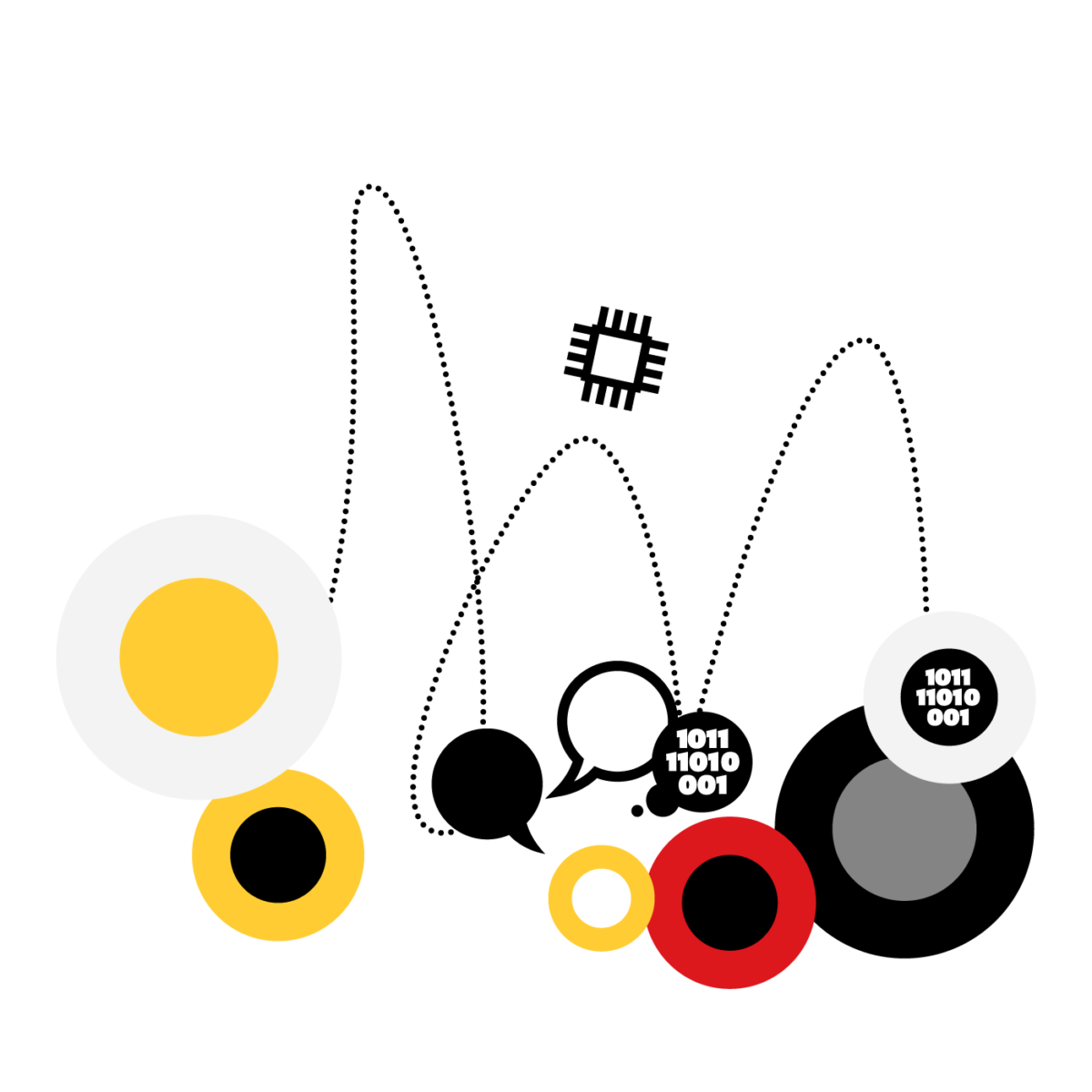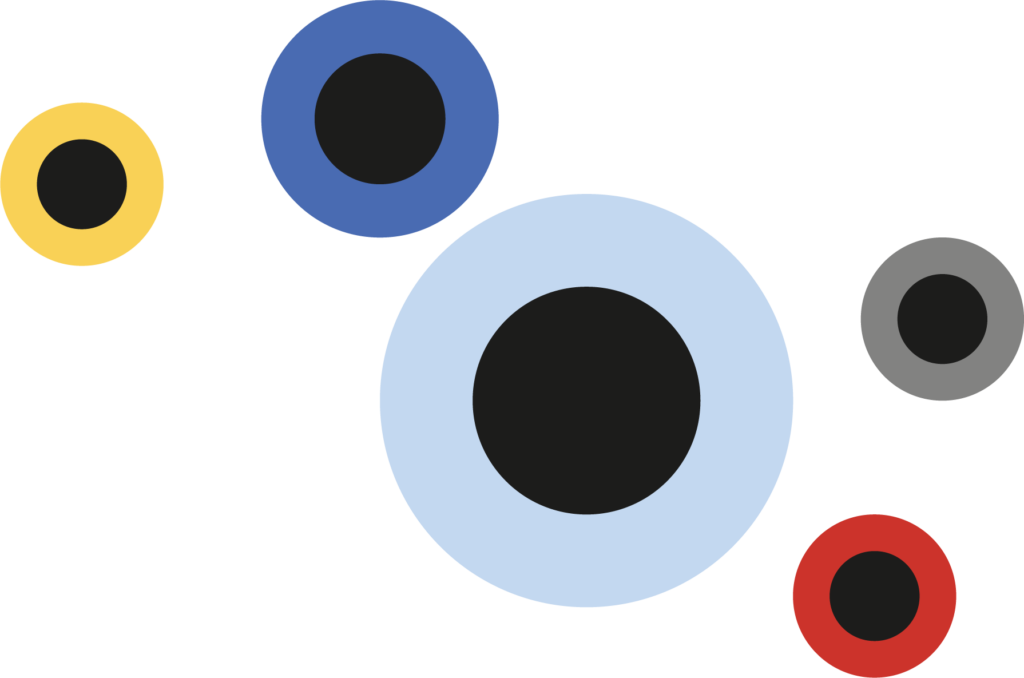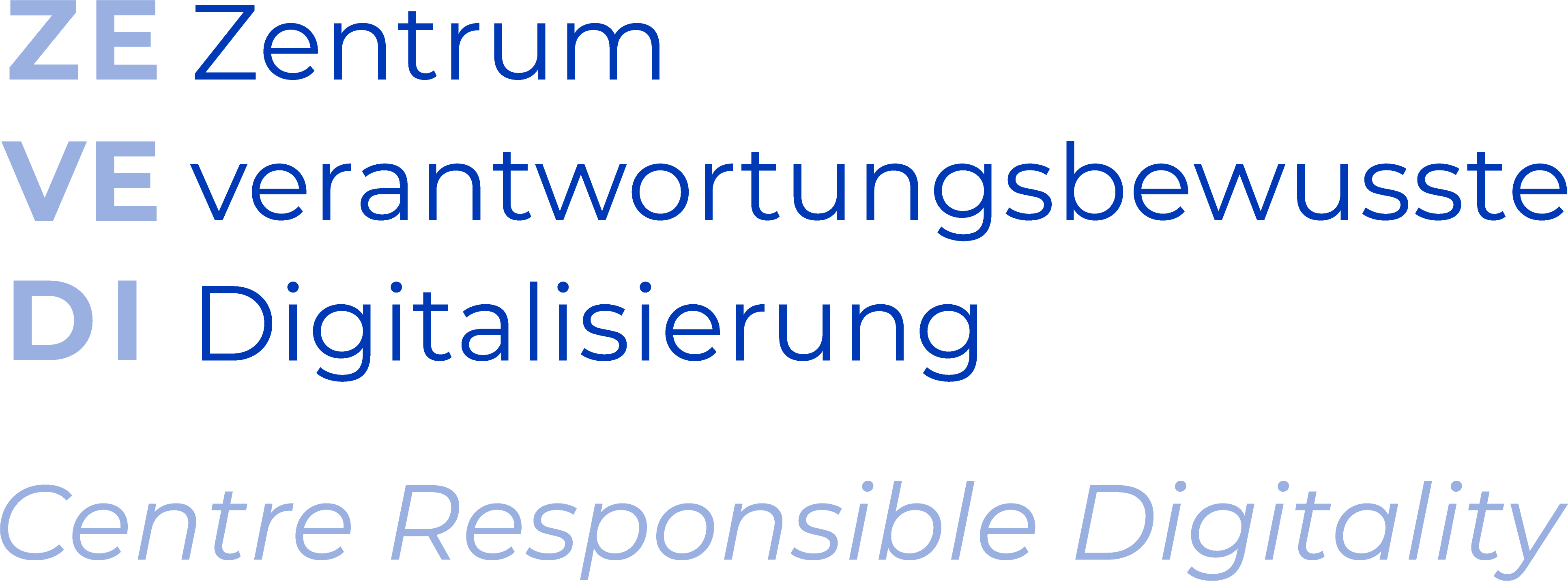Duration: November 2022 until April 2024

The project “Responsible Algorithmic Decision-Making in the Workplace” aimed to investigate and promote the responsible use of algorithmic systems in the workplace. The focus was on modern algorithmic systems, in particular generative and analytical artificial intelligence, which are finding their way into many organisations. Our research showed that generative AI can significantly increase productivity and quality of work in different work contexts and human-machine configurations. At the same time, however, significant risks have been identified, such as exclusion, disadvantage and excessive demands on the workforce. The successful integration of algorithmic systems into work processes is therefore a socio-technical challenge that requires an interdisciplinary approach. Another key aspect is the fight against ‘data bias’ to prevent the reproduction of social prejudices. This requires a systematic review (and correction if necessary) of the processes used to generate training data and the development of robust metrics for evaluating the generated content.
Another finding was that the introduction of AI systems can increase the complexity of work, requiring a precise redesign of work processes and often reskilling of the workforce. Human decision-making and responsibility must always be maintained when using AI systems. AI should serve as a supporting tool and not take over the entire decision-making process. Legal aspects such as the right to informational self-determination and the protection of other fundamental rights, as enshrined in the General Data Protection Regulation (GDPR) and the EU AI Act, set important framework conditions that need to be further specified in many areas. In particular, the EU AI Act, which was finally adopted in May 2024, contains a large number of undefined legal terms, some of which still need to be specified by the EU Commission or the AI Office (especially in guidelines). In addition, the regulatory concept created with EU regulations and harmonised technical standards is flanked by a supervisory system that has yet to be established.
The project group developed these results in several inter-university and interdisciplinary working groups and by organising various events involving industrial companies, associations and trade unions. The results have been summarised in a forthcoming interdisciplinary discussion paper.
Principal Investigators
Prof. Dr. Alexander Benlian, Technische Universität Darmstadt | spokesperson | more information
Prof. Dr. Matthias Söllner, Universität Kassel | deputy | more information
Dr. Ulrich Bretschneider, Universität Kassel | more information
Prof. Dr. Lucie Flek, Philipps-Universität Marburg | more information
Prof. Dr. Iryna Gurevych, Technische Universität Darmstadt | more information
Prof. Dr. Sandra Ohly, Universität Kassel | more information
Prof. Dr. Lena Rudkowski, Justus-Liebig-Universität Gießen | more information
Prof. Dr. Bernd Skiera, Goethe-Universität Frankfurt a. M. | more information
Prof. Dr. Gerhard Schreiber, Technische Universität Darmstadt | more information
Prof. Dr. Domenik H. Wendt, LL.M., Frankfurt University of Applied Sciences | more information
Interdisciplinary Lecture Series
Algorithmic decision-making (or “ADM”) already has a significant impact on how our modern workplace is organised, whether it be through the selection of new hires, managing employees in their daily business, or assisting human decision-makers in the context of complex problems.
Against this background, the project group Responsible Algorithmic Decision Making in the Workplace organised a series of lectures that looked at these developments from an interdisciplinary and international perspective. Among other things, the following questions were addressed: How should work contexts shaped by ADM be designed to promote responsible treatment of workers? What technical, organisational and regulatory framework conditions should be established in such contexts?
Winter Semester 2023/24
Summer Semester 2023
Winter Semester 2022/23
Previous Events
KI in der Arbeitswelt: Wie können KI und generative KI im Unternehmensalltag unterstützen?
Interdisciplincary Workshop, 26 March 2024 | more on this event
ChatGPT and Beyond:
Auswirkungen generativer KI auf Arbeit und Beschäftigung
Interdisciplinary Conference, 8 December 2023 | more about this event
Interdisziplinäre Perspektiven auf eine verantwortungsbewusste algorithmische Entscheidungsfindung in der Arbeitswelt
Interdisciplincary Workshop, 27 March 2023 | more on this event

